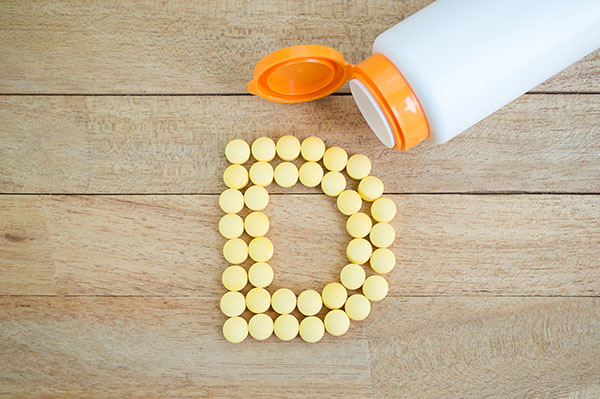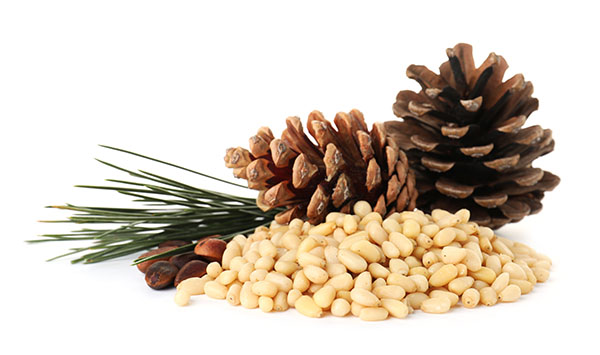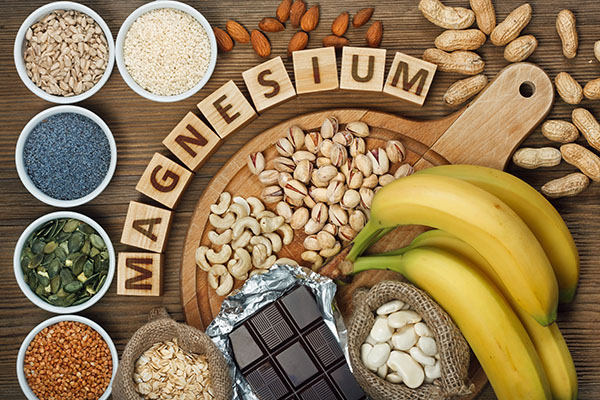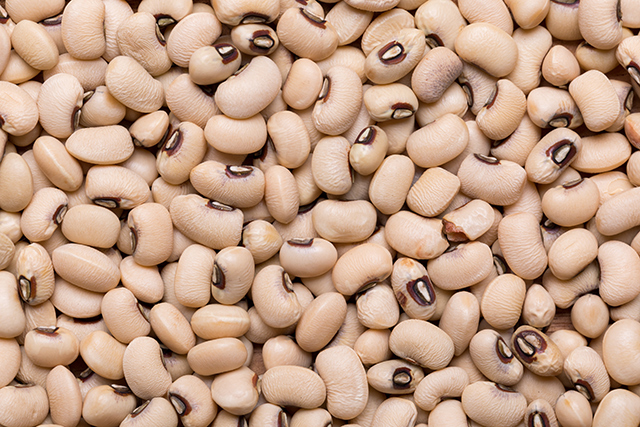Not all pain should be treated with NSAIDs
05/25/2023 / By Lance D Johnson

Non-steroidal anti-inflammatory drugs (NSAIDs) are valuable over-the-counter pain relievers in situations where acute pain disrupts daily life. Ibuprofen, naproxen, and aspirin provide unrivaled anti-inflammatory benefits that can help restore an individual’s range of motion to prevent further strain and injury. NSAIDs are also necessary to relieve severe toothaches caused by damaged pulp, cracked teeth, and nerve pain in the root of the tooth. NSAIDs are oftentimes beneficial to help someone get through their day, but they are often used as a crutch for chronic pain issues that require a more holistic approach.
Understanding the underlying cause of chronic or acute pain is essential for an effective treatment plan
Not all pain should be treated with NSAIDs. Pain and its inflammatory response signify that the body is in a state of repair. Some pain is an indicator of a serious or life-threatening injury that should be treated as soon as possible. For example, a pain in the neck that travels across the scalp can indicate a pinched nerve, but it could also indicate that an artery has been dissected and the brain is swelling. No natural remedy, no chiropractic adjustments, no amount of NSAIDs, or opioid prescription would heal an issue that requires an emergency surgery and ICU care.
Nevertheless, much of the pain people are dealing with these days is chronic pain from poor diet and sleep. At least 50 million Americans suffer from chronic pain in their day-to-day life. This chronic pain can indicate serious vitamin, mineral, and antioxidant deficiencies that prevent the body from healing. This pain, depending on its underlying cause, is oftentimes better treated with natural anti-inflammatory compounds that restore the body’s ability to heal at the cellular level.
Many people mask chronic pain with NSAIDs, but there are better ways to restore the body back to a pleasurable state, without the use of hard painkillers. Overuse of NSAIDs can cause gastrointestinal ulcers, hypertension, acute renal failure, and even cardiovascular events. Some of the chronic conditions that can be treated WITHOUT NSAIDs include menstrual pain, knee pain, headaches, backaches, and sports injuries.
Many chronic pains can be treated holistically
Back pain: The body naturally generates a class of molecules called specialized pro-resolving mediators (SPMs). These lipid mediators are converted from the essential fatty acids that we take in from our diet. When inflammation is present, SPMs are signaled to the inflamed area to facilitate the healing process. Instead of blocking inflammation, the SPMs resolve the inflammation by removing dead cells. When NSAIDs are used, the inflammatory process is blocked, preventing the removal of dead cell debris and the regeneration of tissue. SPMs can be obtained through supplementation; this supplement is great for resolving some back injuries and other musculoskeletal issues.
Basic headaches: Chronic headaches can be a sign of underlying hypertension or even worse, an arterial occlusion. However, many headaches have a common denominator: a magnesium deficiency. Many double-blind, placebo-controlled studies find that magnesium supplementation can alleviate the pain associated with headaches and migraines. Additionally, a tincture of white willow, skullcap, passionflower, and Jamaican dogwood bark can reduce inflammation in the cranial area and improve quality of sleep. Dehydration can also cause headaches.
Menstrual pain: There are many herbs that help with dysmenorrhea (menstrual pain). One of the most important is ginger root, which is just as effective as NSAIDs in treating menstrual pain. Ginger can be found in select beverages, candies, and teas and be purchased as a powder or in raw root form (good for juicing). When a woman is not menstruating, she can balance her female hormones and improve blood flow in the pelvic region by using dong quai root. This root contains unique phytochemicals (phthalides, ferulic acid and polysaccharides) that regulate menstruation and reduce pain.
Knee pain: One of the most important anti-inflammatory molecules in Ayurvedic medicine is curcumin. This anti-inflammatory agent, extracted from turmeric root, is great for treating chronic knee pain, jaw pain, tennis elbow, and other arthritic conditions. For best results, obtain curcumin extract and use both capsaicin and healthy oils to improve absorption of curcumin throughout the body.
Sports-related injuries: Minor sport-related injuries and soreness from exercise can be counteracted by capsaicin cremes, comfrey and yarrow salves, and peppermint oil (menthol) cremes and sprays. Capsaicin (from hot peppers) accelerates tendon repair and mitigates muscular injuries. Comfrey and yarrow reduce inflammation from injury. Comfrey also contains allantoin, which is used to speed up the healing process of the tissues. Peppermint oil contains menthol, which relieves muscle soreness and tightness when applied topically. Peppermint is also great for relieving pain associated with bloating, gas, and irritable bowel syndrome.
Too many people suffer from chronic pain, when natural medicines can be used to reduce systemic inflammation throughout the body. Getting to the root cause of the pain is essential in assisting the body’s ability to heal. Instead of always reaching for a pill to feel better, it’s best to ask “What is my body trying to tell me?” After ruling out any life-and-death emergencies, it’s best to take a more holistic approach to treating common pains. Research to find out which phytochemicals and nutrients are needed to alleviate the pain and restore equilibrium in the body.
Sources include:
Submit a correction >>
Tagged Under:
artery dissection, Aspirin, body signals, capsaicin, cayenne, comfrey, curcumin, dong quai, emergency medicine, ginger, herbal medicine, Herbs, hypertension, ibruprofen, jamaican dogwood bark, Magnesium, menthol, naproxem, natural remedies, nerve pain, NSAID, nutrient deficiency, pain, peppermint, SPMs, underlying causes, white willow, yarrow
This article may contain statements that reflect the opinion of the author
RECENT NEWS & ARTICLES
COPYRIGHT © 2017 NUTRIENTS NEWS




















